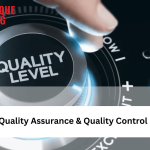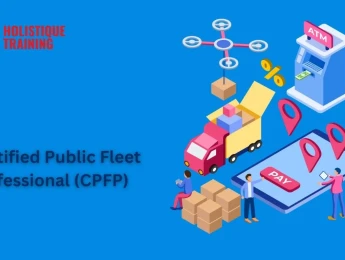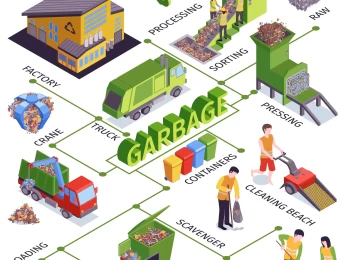Purchasing a quality product speaks for itself and can be a marketing tool. Customers who are happy with their products are more likely to pass along your company information through word-of-mouth marketing, helping your company grow.
Your first step towards wider customer reach is ensuring you have a powerful and effective quality assurance procedure. This will provide your consumers with the best products, assuring customer retention and developing brand trust and awareness.
Quality assurance also helps you deal with the root cause of problems, effectively performance-manage your employees, and create methods for continuous improvement to increase customer satisfaction.
Developing quality guidelines, upskilling competent employees, and creating fool-proof processes to present your customers with high-quality products will ensure your business grows and prepare you for further expansion.
Upon completion of this course, participants will be able to:
- Appreciate the importance of standardised quality assurance.
- Understand the history of quality assurance and how you can learn from it.
- Develop auditing processes and how to enforce them.
- Create a quality assurance culture and manage employees for poor quality.
- Identify the root causes of quality issues and resolve them at the source.
- Understand the legislation around certain types of quality assurance and how you can ensure your company meets its obligations.
- Develop powerful leadership skills to allow you to push and pass along your quality assurance mentality.
This training course would suit anyone in a management position responsible for constantly reviewing processes and improving the quality of services and products. It would be most beneficial for:
- Department Managers
- Senior Managers
- Supervisors
- Team Leaders
- Quality Assurance Managers
- Quality Assurance Professionals
This training course uses a range of practical exercises and exciting seminars to help participants understand quality assurance processes and their importance.
You will review real-life case studies and conduct group discussions to determine effective process methodology. Then, based on your own business model, you will create project plans.
Day 5 of each course is reserved for a Q&A session, which may occur off-site. For 10-day courses, this also applies to day 10
Section 1: Quality Assurance Standardisation
- The wider economic benefits of standardisation.
- History of quality assurance methodology.
- Concepts of quality assurance and control.
- Are you a good quality leader?
- Your leadership style and how you can push quality importance.
Section 2: Techniques of Implementation & Enforcement
- Establishing a vision and creating a policy.
- Creating realistic KPIs.
- Communicating requirements effectively.
- Feedback and action.
- Quality circles and team implementation.
- Recruiting to achieve.
- Maintaining quality through delegation.
Section 3: Legal Obligations & Design
- ISO9001 and what it means for you.
- ISO9000 and your obligations.
- Quality assurance frameworks.
- EFQM Standards.
- Deming’s 14 points.
- Annex SL - The ISO high-level structure.
- Baldrige Nation Quality Programme (BNQP).
Section 4: Operating & Managing Quality Assurance
- Customer focus - what are the essentials?
- Journey mapping.
- Six Sigma designs.
- Porter’s value chain.
- Parelo analysis.
Section 5: Reviewing Processes for Continuous Improvement
- Looking for prevention, not correction.
- Process review frameworks and timescales.
- Root cause analysis and action plan.
- Planning an audit.
- Monitoring and reviewing changes.
- Action planning for certification.
Section 6: Auditing & Document Management
- Auditing - what’s required?
- Creating a quality management system.
- Record keeping to display improvement.
- ISO19011 auditing management systems.
- Document storage and lifecycle management.
Section 7: Managing Performance and Adherence
- Creating a quality culture.
- Generating buy-in and setting collective goals.
- Identifying risks and managing employee underperformance.
- The significance of your role in maintaining quality.
- Scorecard creation and adherence.
- Employee engagement and motivation.
Upon successful completion of this training course, delegates will be awarded a Holistique Training Certificate of Completion. For those who attend and complete the online training course, a Holistique Training e-Certificate will be provided.
Holistique Training Certificates are accredited by the British Assessment Council (BAC) and The CPD Certification Service (CPD), and are certified under ISO 9001, ISO 21001, and ISO 29993 standards.
CPD credits for this course are granted by our Certificates and will be reflected on the Holistique Training Certificate of Completion. In accordance with the standards of The CPD Certification Service, one CPD credit is awarded per hour of course attendance. A maximum of 50 CPD credits can be claimed for any single course we currently offer.
- Course Code PO3-102
- Course Format Classroom, Online,
- Duration 5 days














